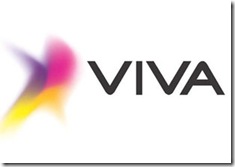Etisalat’s chief corporate affairs officer Nasser Bin Obood believes it is time for the UAE’s telecoms regulator, TRA to allow the operator to exercise greater flexibility with respect to the setting of competitive tariffs. Given Etisalat’s incumbent position in the UAE, the telco is deemed to have significant market power and as such has its pricing plans and tariffs heavily regulated by the TRA.
“We cannot push into some of the price points that customers would like,” Bin Obood said at the GSM-3G Middle East conference in Dubai this morning. “The time has come for the incumbent to have some relief (from the regulator),” he added.
Bin Obood referred to the fact that market competitor Du had recently announced the addition of its three millionth mobile subscriber, suggesting the second operator is now of sufficient size for there to be a move to a more competitive pricing regime in the UAE.
Only last month Du announced it had made a net profit of AED 31 million (US$8.45 million) for the three months to end-September, representing its first net profit since the company started trading in February 2007 and a year ahead of the financial plan announced during the IPO.
In response to a question posed by Comm., Bin Obood said that while Du had achieved a number of financial and operational milestones ahead of schedule, Etisalat continued to be secure in its dominance of the UAE market and this is evidenced by the rise in the telco’s subscriber numbers and profitability in the years that Du has been operational.







